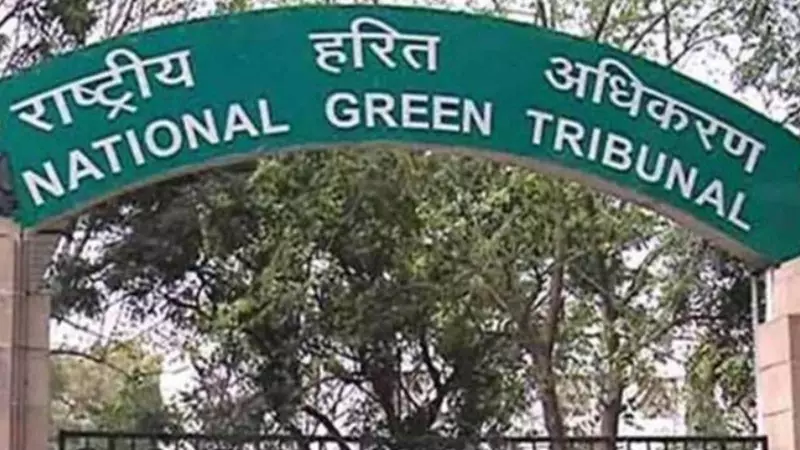
Historic Compromise: Highway Expansion Gets Green Light with Strict Tree Protection
In a landmark decision that balances infrastructure development with environmental conservation, the National Green Tribunal has granted conditional approval for the expansion of the Hyderabad-Bijapur National Highway 163. The verdict comes after a six-year legal battle between environmental activists and highway authorities.
The NGT bench comprising Justice Pushpa Sathyanarayana and Dr Prashant Gargava delivered the judgment on Wednesday, November 13, 2025, bringing closure to the prolonged dispute that had stalled the crucial infrastructure project.
Revised Alignment Saves Centuries-Old Trees
The National Highways Authority of India has significantly modified its original proposal to preserve the ecological heritage of the region. Instead of removing approximately 900 historic banyan trees dating back to the Nizam era, the authority has agreed to retain at least 765 trees in their original positions along the 45-kilometer stretch between Hyderabad and Manneguda.
For the remaining trees that cannot be preserved in situ, NHAI has committed to translocating approximately 150 banyan trees. The transplantation will occur within the highway's right-of-way area to minimize transportation stress on the ancient specimens.
The Tribunal issued specific guidelines for the translocation process, emphasizing that "proper care must be taken during pruning to avoid excessive cutting" and that branches should be preserved whenever possible while maintaining the root ball intact.
Comprehensive Environmental Safeguards Implemented
Beyond the banyan tree protection, the NGT order includes several robust environmental mitigation measures. The tree protection committee and Telangana State Forest Department have jointly identified an additional 415 trees for translocation, which will be handled by approved agencies under expert supervision.
The Tribunal also extended protection to other flora along the corridor, ruling that trees situated between two preserved banyan trees "need not be cut unless otherwise warranted." This provision significantly expands the scope of vegetation conservation beyond the initial focus on banyan trees.
Addressing wildlife concerns, NHAI's Biodiversity Conservation and Mitigation Plan includes the construction of four wildlife underpasses and multiple culverts to facilitate safe animal movement across the expanded highway.
Enhanced Transparency Through Public Participation
In a significant move toward accountability, the NGT has mandated the inclusion of citizen representatives in the monitoring process. The independent monitoring committee will include at least two local citizens interested in safeguarding the trees, ensuring greater transparency and community involvement.
The Tribunal emphasized that this measure would not only enhance oversight but also help NHAI expedite the project implementation while maintaining environmental standards.
NHAI has committed to maintaining each translocated banyan tree for seven years with an approved watering schedule, demonstrating long-term responsibility for the preserved vegetation. The authority confirmed that all deficiencies identified in the environmental impact assessment report have been rectified through scientific studies and design revisions.
The highway expansion project, which aims to transform the accident-prone two-lane road into a safer four-lane corridor, now moves forward under the principles of sustainable development. The resolution represents a model for future infrastructure projects seeking to balance development needs with environmental conservation.





